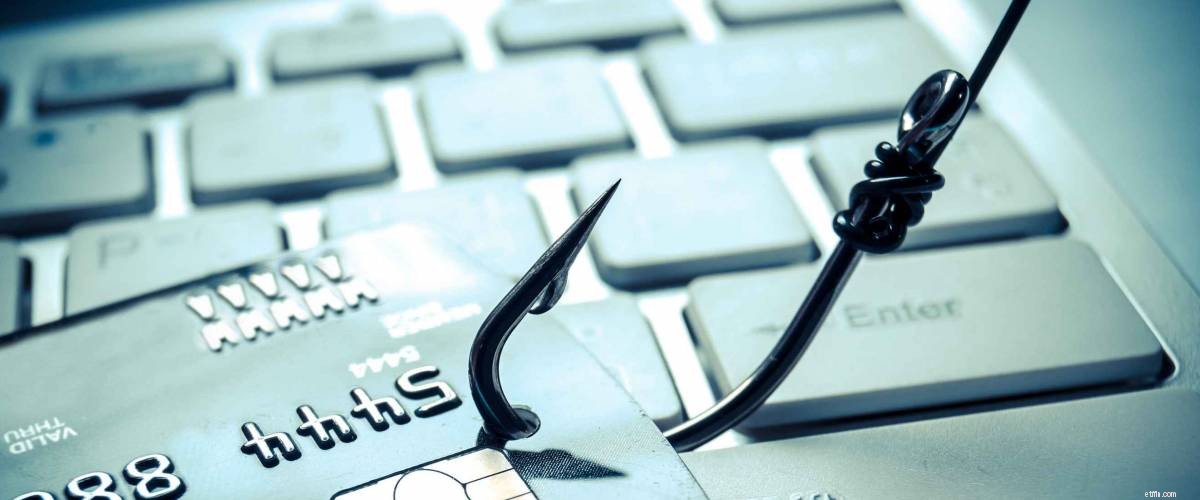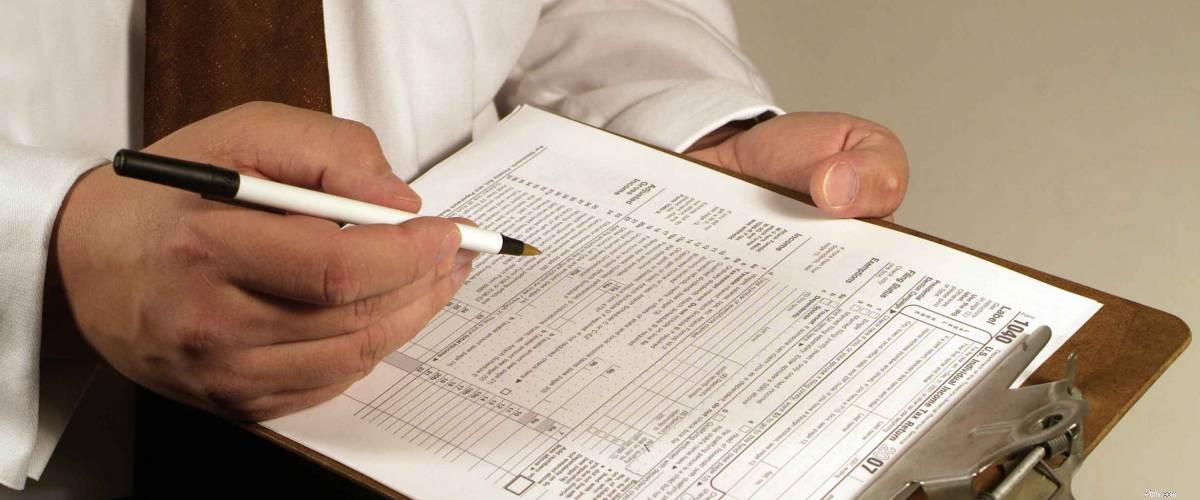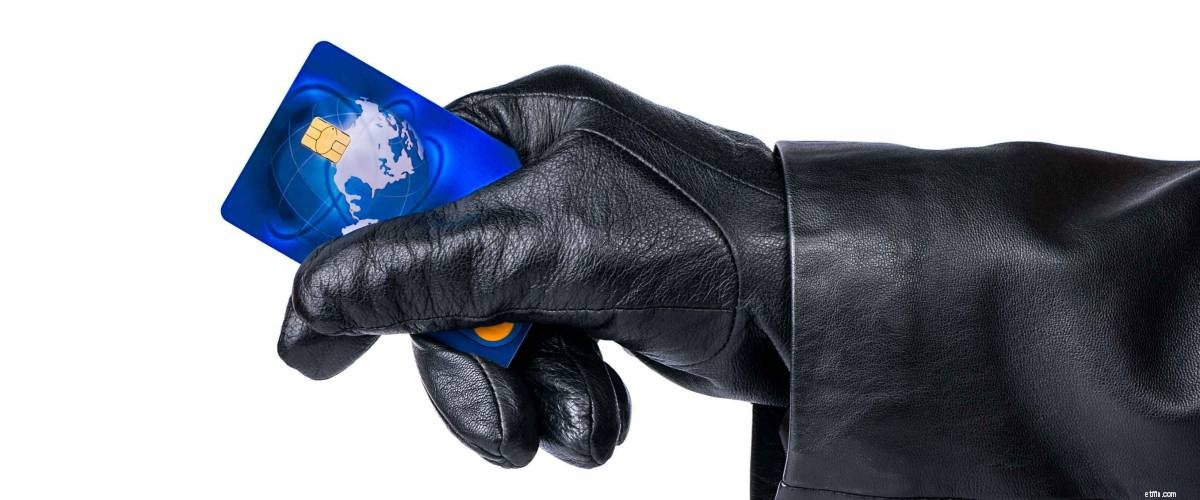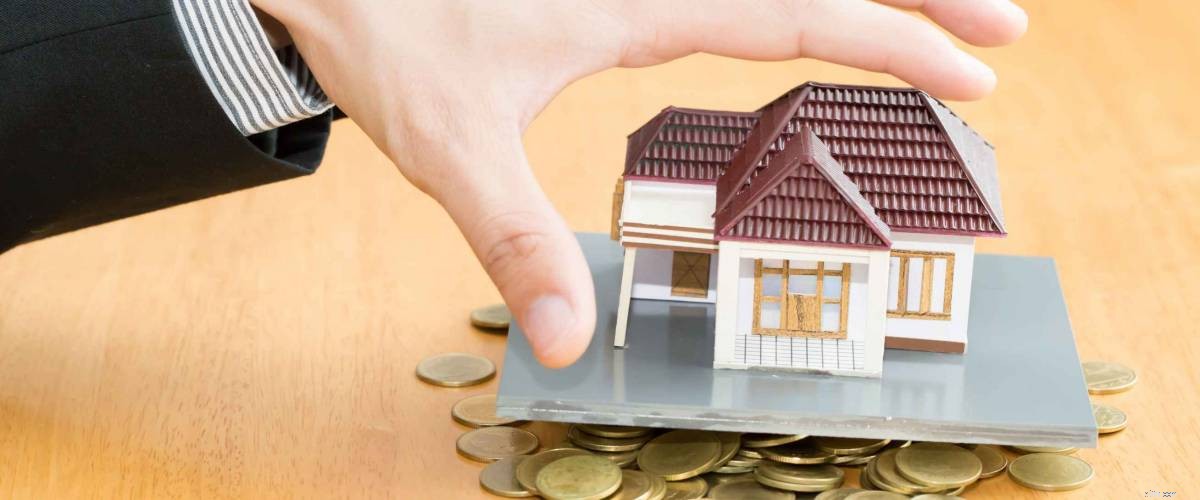세금이 뒤처졌다는 이메일을 받거나 디자이너 의류를 저렴하게 판매하는 웹사이트를 찾은 경우 개인 정보를 넘기기 전에 다시 한 번 생각해보세요.
편집증이 아닙니다. FTC(연방 무역 위원회)는 로맨스 사기부터 가짜 취업 기회 등에 이르기까지 작년 한 해에만 170만 건 이상의 사기 신고를 받았습니다.
당신에게 일어날 수 있는 일이 없다고 생각할 수도 있지만 문제는 모든 사람에게 영향을 미칩니다. FTC는 젊은 희생자들로부터 더 많은 보고를 받지만 나이 든 사람들은 훨씬 더 많은 돈을 속여 빼앗깁니다.
가장 인기 있는 사기 유형과 자신을 보호하는 방법에 대해 알아보려면 계속 읽으십시오. 이미 피해를 입었거나 사기꾼에게 연락했다고 생각되면 여기를 클릭하여 FTC에 신고하세요.

은행이나 신용 카드 회사에서 보낸 것처럼 보이는 이메일이 받은 편지함에 도착합니다. 이런저런 이유로 정보를 "확인"하기 위해 링크를 클릭하라는 메시지가 표시됩니다. 사기꾼이 귀하의 은행 정보를 알고 나면 귀하의 돈도 압수합니다.
전화로 문의하셔도 됩니다. 작년에 마이애미에서 자신의 카드를 사용하려는 시도에 대해 전화를 받은 샌프란시스코 남성에게 일어난 일입니다. 지불에 도전하기 위해 몇 가지 개인 정보를 제공한 후, 그 남자는 사기꾼이 카드 PIN을 요구했을 때 은행 전화가 아니라는 것을 깨달았습니다.
실제 은행에서는 전화나 이메일로 주민등록번호, 계좌 비밀번호 또는 PIN과 같은 정보를 요구하지 않습니다.

우리 모두는 무료 콘텐츠를 좋아하지만 한 번도 참가한 적이 없는 대회에서 우승하려면 어떻게 해야 할까요?
사기꾼은 사람들이 무료 크루즈나 새 차로 대박을 쳤다고 생각하도록 속이는 것을 좋아합니다. 주의를 기울이면 개인 정보를 제공하거나 소정의 수수료를 지불해야 상품을 수령할 수 있다고 합니다.
때로는 수수료가 작지 않습니다. 노스다코타의 한 할머니는 2011년에 복권 사기로 $400,000를 잃었고 작년 현재 몇 백 달러만 되찾았습니다.
탐욕에 호소하는 것은 가장 성공적인 전략 중 하나입니다. 작년에 그러한 사기로 미국인들은 총 1억 2,100만 달러의 피해를 입었습니다. 잠재적인 경품에 대해 연락을 받은 경우 철저하게 조사할 때까지 돈을 보내거나 정보를 보내지 마십시오.

이 오래된 고전은 여전히 있습니다. 왕족이나 정부 관리라고 주장하는 해외 사람에게서 이메일을 받습니다. 사기꾼은 당신과 엄청난 부를 공유할 것이라고 말하지만, 자금을 잠금 해제하거나 해외로 빼내려면 당신의 도움이 필요합니다.
Wichita의 한 피해자는 2005년에서 2008년 사이에 세 번 자신의 집을 다시 담보로 대출을 받았고 결국 $110,000를 잃었습니다. 그는 미국인들이 여전히 연간 $700,000가 넘는 손실을 보고 있던 2018년에 일부 배상금을 받을 수 있었습니다.
보상이 너무 커서 저항할 수 없기 때문에 사람들은 이 사기에 속습니다. 도움이 필요한 부유한 사람에게서 메시지를 받으면 자문해 보십시오. 특히 그들이 당신에게 연락하는 이유는 무엇입니까?

미국인 10명 중 3명은 온라인 데이트 서비스를 사용해 본 적이 있습니다. 운이 좋으면 사랑을 찾을 수 있습니다. 운이 나쁘면 사기를 당할 수 있습니다.
사기꾼은 가짜 온라인 데이트 프로필을 만들고 마음을 통해 피해자에게 다가갑니다. 연결을 설정한 후 사기꾼은 소액의 돈을 요구하기 시작합니다. 그런 다음 큰 금액입니다.
FTC는 피해자들이 다른 어떤 종류의 로맨스 사기보다 더 많은 것을 잃는다고 말합니다. 3월에 두 명의 남성이 중부 켄터키 주 여성에게 구애를 하고 존재하지도 않는 금과 은에 대한 투자를 위해 757,000달러를 송금하도록 설득했습니다.
Google은 여기에서 당신의 친구입니다. 구혼자의 사진에 대해 역 이미지 검색을 수행하고 그들의 뒷이야기를 살펴보십시오.

세금은 혼란스러울 수 있습니다. 어쩌면 당신은 당신이 빚진 금액을 완전히 확신하지 못할 수도 있습니다. (좋은 소프트웨어가 도움이 됩니다.) 사기꾼은 이러한 불확실성을 이용하여 IRS를 사칭하고 지불을 요구합니다.
고맙게도 세금 사기는 줄어들고 있습니다. 2018년에서 2019년 사이에 사례 수가 29% 감소했습니다. 착한 사마리아인이 도와줄 수 있습니다:올해 초 캘리포니아의 한 택시 기사는 나이 든 고객에게 자신이 가는 길에 사기를 당하고 있다고 확신시켰습니다. IRS에 부채를 청산하기 위해 $25,000를 받습니다.
실제 IRS는 납세자와 채무 또는 환급에 대해 논의하기 위해 이메일, 문자 메시지 또는 소셜 미디어를 사용하지 않는다고 말합니다. 갑작스럽고 예상치 못한 편지, 전화 또는 직접 방문을 받으면 회의적인 태도를 유지하십시오. 상담원이 강압적이거나 위협적이며 특정 결제 수단을 사용하도록 요구하는 경우 위험 신호가 될 수 있습니다.

실직한 사람들은 취약함을 느낄 수 있습니다. 따라서 사기꾼이 채용 담당자나 고용 관리자로 가장할 때 기회를 엿볼 수 있습니다. 종종 재택근무 기회가 제공됩니다.
이메일 제안에는 가짜 웹사이트로 연결되는 악성 링크가 포함될 수 있습니다. 또는 2019년에 목표로 삼은 인디애나폴리스 출신의 여성이 새 "고용주"로부터 비정상적으로 큰 수표를 받았습니다. 소비자 보호 전문가들은 그녀가 초과분을 상환하도록 요청받았지만 원래 금액을 받지 못했을 것이라고 말했습니다.
합법적인 회사는 지원하지 않은 일자리를 제공하지 않을 것입니다. ZipRecruiter와 같은 평판 좋은 사이트를 사용하고, 생소한 회사를 철저히 조사하고, 리뷰를 확인하고, 귀하에게 연락한 사람의 LinkedIn 계정을 찾으십시오.

사기꾼들은 병든 자와 건강한 자를 가리지 않고 잡아먹는 것에 대해 거리낌이 없습니다. 그들은 저렴한 건강 보험을 제공하는 회사나 귀하의 Medicare 번호를 요구하는 공무원으로 가장할 수 있습니다.
작년에 미국 법무부는 소위 이중 나선 사기(Double Helix Scam)라고 불리는 수십 명의 사람들을 기소했다고 발표했습니다. Medicare는 가짜 서비스에 대해 비용을 청구하지만 Medicare가 지불을 거부하면 청구서에 이름이 기재된 무고한 사람에게 청구됩니다.
아이오와의 한 여성은 무료 암 검진을 제안받았을 때 Medicare 번호를 포기했지만 우편으로 받은 DNA 면봉을 보내지 못하고 중단했습니다.
빈 보험 청구 양식을 작성하거나 서명하지 말고 항상 의료 제공자에게 서비스, 지불 및 혜택에 대한 설명을 요청하십시오.

Americans are a giving people; they collectively donated $427.71 billion to charity in 2018. Scammers are eager for a cut of that money.
According to the FTC, complaints about charities dropped nearly 25% between 2018 and 2019. However, numerous government officials have warned that the coronavirus pandemic could lead to a huge influx of bogus charities that will urge you to donate quickly to help frontline workers and patients.
Many scammers will ask you to donate by clicking on a link or giving information out over the phone. Don’t give a dime without researching the organization and never let someone push or guilt you into donating quickly.

What is and is not “fake news” has been a major subject of debate in recent years, but this takes the cake.
Scammers eager to sell a shady product or service will write up a gleaming article about how a person used it to make millions — when no such person exists. To add legitimacy, they’ll dress up their website to look like it belongs to a trusted news site. Recently, articles purporting to come from a major news organization supported fake cures for the coronavirus.
Age is a big factor when it comes to this scam. The American Association for the Advancement of Science conducted a study in 2019 that showed people over 65 years old shared almost seven times as many fake news domains as the youngest age group.
If you’re not sure if an article is legitimate, go directly to the outlet’s home page and try to find the article from there.

Sites like Kijiji and Craigslist have made selling and purchasing goods way more accessible, but they’ve also opened up avenues for scammers.
An overpayment scam involves you refunding money to a scammer who has “accidentally” overpaid you for an item you’re selling. You’ll be asked to deposit the money and wire back the difference, but your share won’t actually materialize.
That’s what happened to a man in Philadelphia last year, who received a money order for $1,000 when selling a bike worth $90.
Mistakes happen, but don’t transfer large sums to people you don’t know and never accept overpayments.

Nowadays even your great-grandmother shops online, but consumers can still run into scams of all different kinds.
You might end up purchasing counterfeit goods, when you paid for the genuine article. The whole storefront itself might be a fake, potentially mimicking a famous retailer. You may get nothing at all for your money — or even worse, rack up mysterious charges on your credit card.
A website lacking secured methods of payment may be a scam; check for the lock icon in your browser’s address bar, for a start. Also try to find reviews, hosted in independent locations, from people who have used the site.

People love earning rewards points just for shopping at their favorite retailers or using a particular credit card. As it turns out, scammers like rewards points, too.
Even though these points are a form of digital currency, many companies don’t keep their accounts all that secure. Whether you get hacked or tricked into giving up your info, anyone can be hit — including the AARP’s director of fraud support, who lost 140,000 points from her hotel rewards account.
To make the scammers’ lives as difficult as possible, use strong passwords and opt for two-factor authentication whenever offered. Don’t trust emails from your rewards program that don’t look quite right. And, of course, the simplest way to protect your points is to spend them.

A reverse mortgage can be a handy tool for retirees looking for cash, allowing them to borrow from the value of their home. They can also be a huge windfall for savvy scam artists.
An unscrupulous salesperson might try to sign you up for an expensive service, like remodeling or an investment opportunity, then tell you they can get you a reverse mortgage to help pay for it. It might be a terrible deal, or the scammer will find a way to divert the majority of the payments.
Other times the whole thing is a lie. An elderly woman from Redwood City says she was conned in 2018 when a man said he could help her with a reverse mortgage. She says the scammer got her to sign a grant deed then sold her property to someone else.
If you might be interested in a reverse mortgage, do your own research. Don’t respond to unsolicited advertisements or door-to-door sales.

You might not trust a random offer coming from some stranger — but what about a friend or family member?
Using Facebook or another social-media site, a con artist can easily impersonate someone you trust. They might duplicate a profile exactly — or hack into the real thing, giving them all their potential victims lined up neatly on a friends list.
A woman from Ohio was duped when someone posing as a Facebook friend told her she could receive a $300,000 government grant. She was pointed to a fake website and fake officials who told her she needed to pay a series of fees before she could access the money. She ended up losing $70,000.
If you’re not sure whether a message is from your real friend, give them a call. And keep other people safe by protecting your own passwords.
More: Protect yourself against cybercrime with Efani. With military-grade verification, data encryption, and up to $5 million in insurance coverage, Efani guarantees protection against SIM hacking.